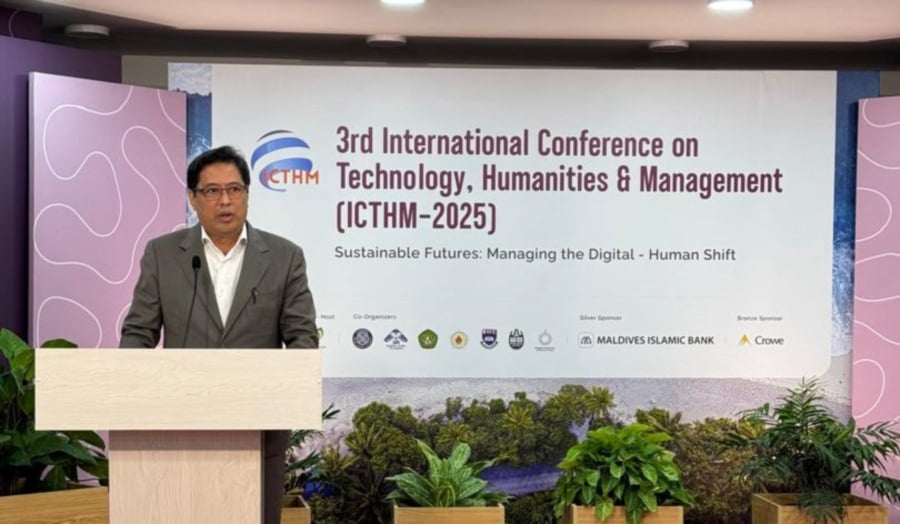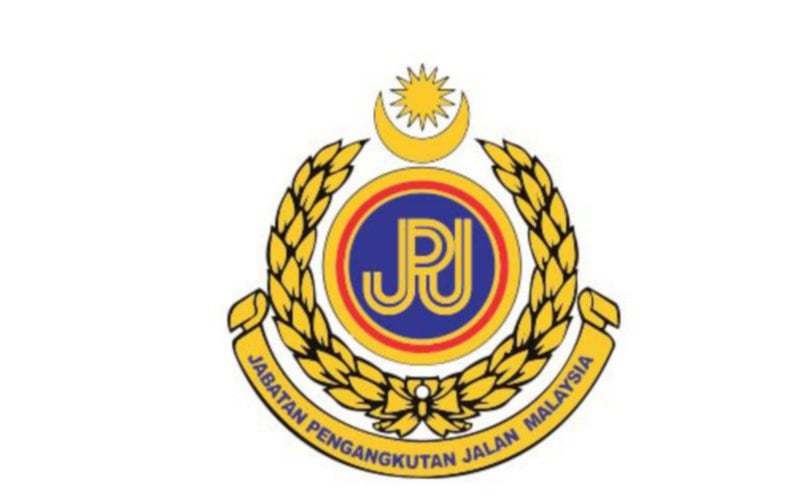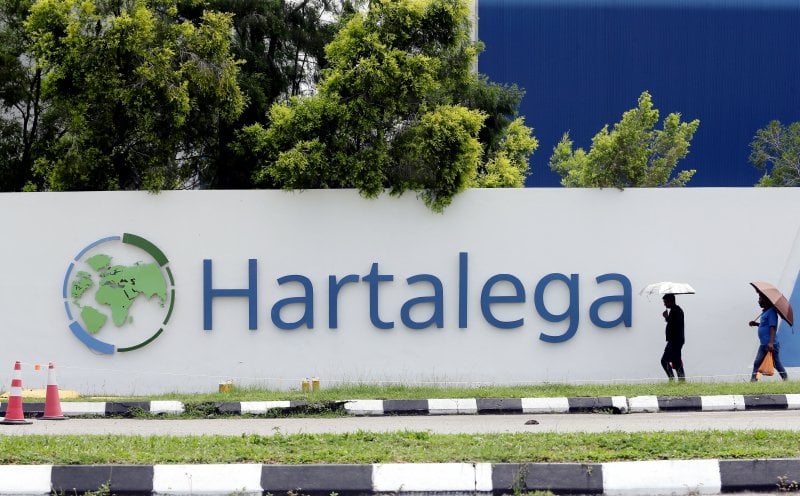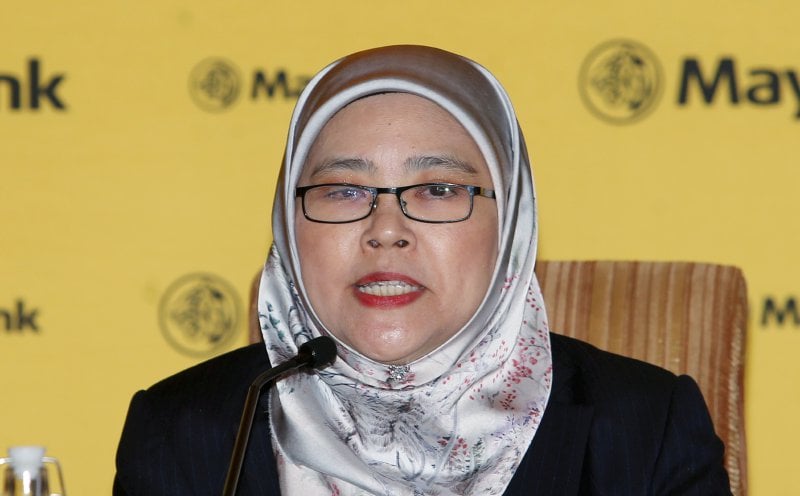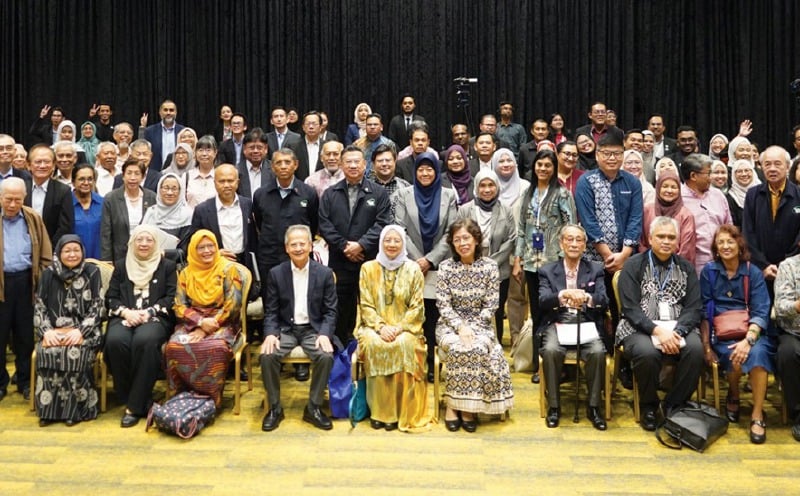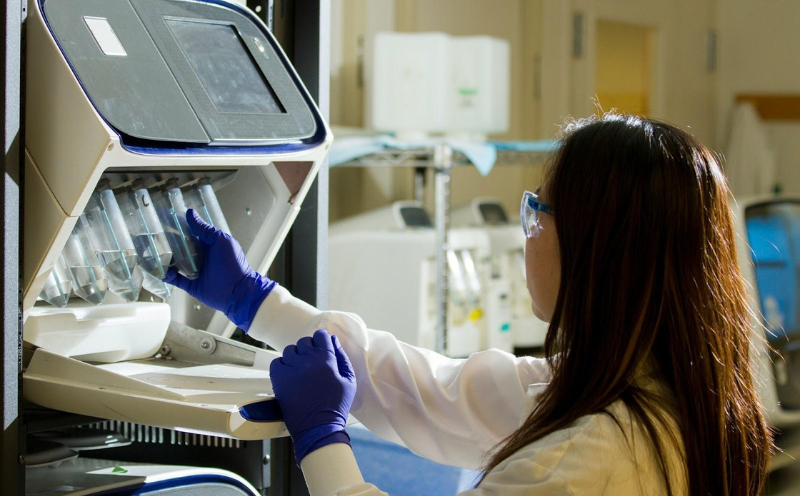MALDIVES: The Malaysian Anti-Corruption Commission (MACC) is leveraging technology, including artificial intelligence (AI), data analytics, and blockchain, to combat increasingly complex corruption crimes.
In a speech at the 3rd International Conference on Technology, Humanities, and Management 2025, MACC chief commissioner Tan Sri Azam Baki said technological advancements have been key in fighting graft, even as they have also complicated corruption crimes.
He said AI has made crimes more sophisticated and difficult to trace. However, this is where technology becomes critical for graft busters.
"For instance, blockchain enables immutable transaction records, while AI can detect fraud patterns and financial irregularities. Additionally, e-governance systems can reduce opportunities for corruption," he said.
"This is why we have integrated these technologies into our operations and investigations to stay ahead of evolving corruption tactics, keeping anti-corruption efforts effective," he said in his speech at Zikura International College here.
To this end, MACC has equipped its officers, particularly those in the Intelligence, Forensic Technology, and Financial Analysis divisions, with advanced forensic tools and various data analytics software. This is on top of specialised training in finance, accounting, engineering, and technology.
"As a result, MACC's Forensic Laboratory has received ISO/IEC 17025:2017 accreditation, signifying global recognition of our forensic analysis capabilities in technology."
He also said MACC supports e-procurement systems and cashless transactions, which promote transparency and minimise corruption and the mismanagement of public funds.
"These systems ensure that subsidies, welfare assistance, and salaries are directly transferred to intended recipients, reducing opportunities for corruption."
Meanwhile, Azam said MACC's collaboration with the Maldives' Anti-Corruption Commission, initiated last year, has begun yielding positive results for both agencies.


